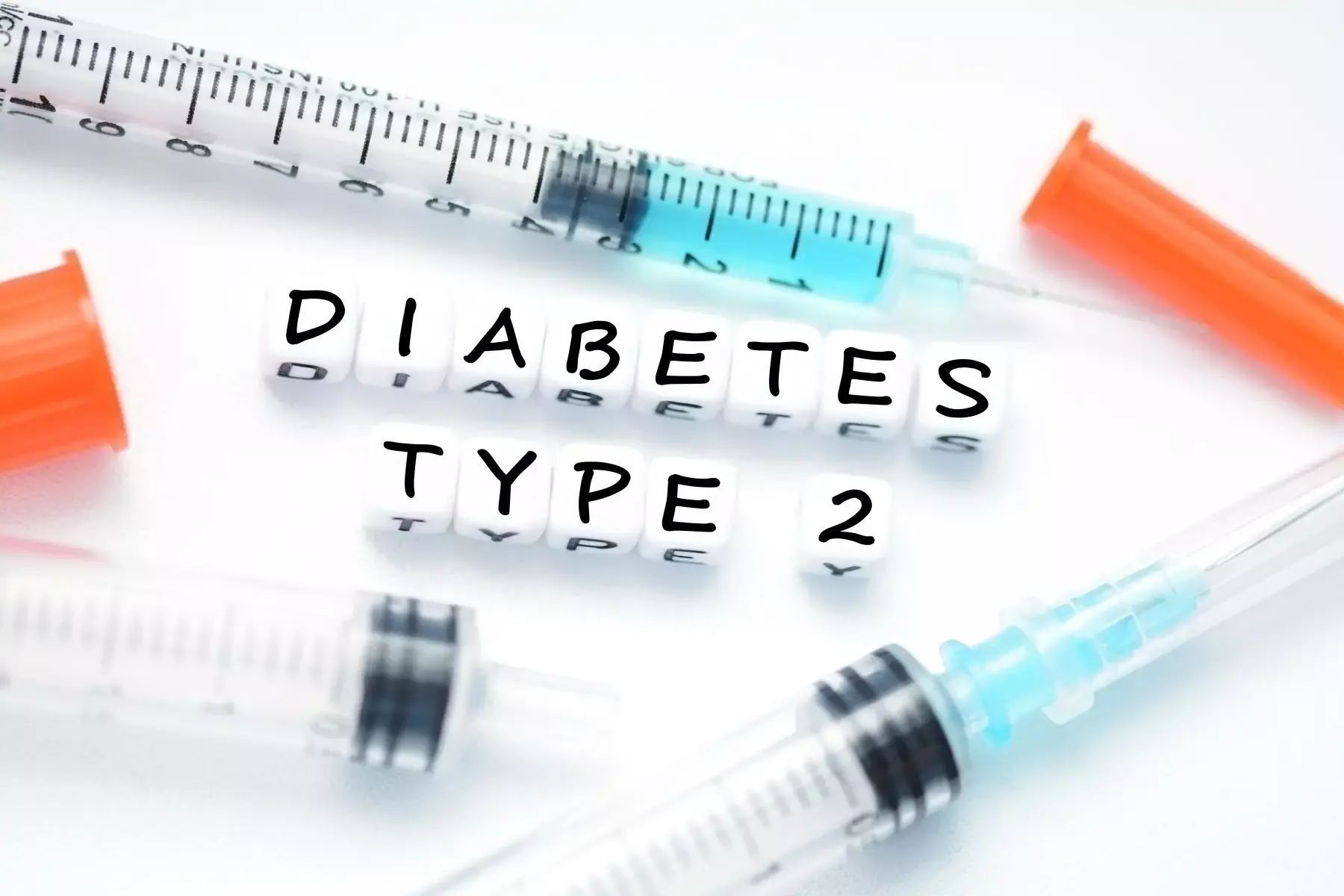- Home
- Medical news & Guidelines
- Anesthesiology
- Cardiology and CTVS
- Critical Care
- Dentistry
- Dermatology
- Diabetes and Endocrinology
- ENT
- Gastroenterology
- Medicine
- Nephrology
- Neurology
- Obstretics-Gynaecology
- Oncology
- Ophthalmology
- Orthopaedics
- Pediatrics-Neonatology
- Psychiatry
- Pulmonology
- Radiology
- Surgery
- Urology
- Laboratory Medicine
- Diet
- Nursing
- Paramedical
- Physiotherapy
- Health news
- Fact Check
- Bone Health Fact Check
- Brain Health Fact Check
- Cancer Related Fact Check
- Child Care Fact Check
- Dental and oral health fact check
- Diabetes and metabolic health fact check
- Diet and Nutrition Fact Check
- Eye and ENT Care Fact Check
- Fitness fact check
- Gut health fact check
- Heart health fact check
- Kidney health fact check
- Medical education fact check
- Men's health fact check
- Respiratory fact check
- Skin and hair care fact check
- Vaccine and Immunization fact check
- Women's health fact check
- AYUSH
- State News
- Andaman and Nicobar Islands
- Andhra Pradesh
- Arunachal Pradesh
- Assam
- Bihar
- Chandigarh
- Chattisgarh
- Dadra and Nagar Haveli
- Daman and Diu
- Delhi
- Goa
- Gujarat
- Haryana
- Himachal Pradesh
- Jammu & Kashmir
- Jharkhand
- Karnataka
- Kerala
- Ladakh
- Lakshadweep
- Madhya Pradesh
- Maharashtra
- Manipur
- Meghalaya
- Mizoram
- Nagaland
- Odisha
- Puducherry
- Punjab
- Rajasthan
- Sikkim
- Tamil Nadu
- Telangana
- Tripura
- Uttar Pradesh
- Uttrakhand
- West Bengal
- Medical Education
- Industry
Nasal septal abscess risk higher in type 2 DM patients, Finds study

Uncontrolled diabetes mellitus is considered a risk factor for nasal septal abscess (NSA) development in patients without trauma. However, T2DM is an independent risk factor for NSA in patients undergoing nasal septoplasty, and the NSA risk is greater among patients with high DM severity, reports a recent study.
The research is published in The Laryngoscope.
Nasal septoplasty is a common otolaryngological procedure, and postoperative status is generally followed for only a short period. However, studies on the long-term influence of DM on patients undergoing septal surgery are lacking.
Therefore, Chih-Wei Luan and colleagues from the From the Department of Otorhinolaryngology-Head and Neck Surgery, Lo Sheng Sanatorium and Hospital Ministry of health and Welfare, Taipei, Taiwan aimed to investigate the risk of nasal septal abscess (NSA) in patients with type 2 diabetes mellitus(T2DM) after septoplasty.
The authors conducted a retrospective cohort study. A total of 382 patients with T2DM (DM group) were diagnosed and 382 matched patients without a DM diagnosis (non-DM group) were enrolled. Patients were followed up until death. NSA incidence was the main outcome.
The following findings were recorded-
- After septoplasty, the cumulative incidence of NSA in the DM group was significantly higher than that in the non-DM group (P < .001).
- Cox proportional hazards regression indicated a significant association between T2DM and higher NSA incidence.
- Subgroup analysis and sensitivity testing demonstrated that the effect of T2DM on NSA risk was stable.
- Subgroup with a Diabetes Complications Severity Index (DCSI) of ≥1 had higher NSA risk than that with DCSI = 0.
- The treatment type for NSA did not differ between the groups.
As a result, the authors concluded that patients with DM are at a higher risk of NSA than those without DM.
Furthermore, the risk is greater if the patient's DM is severe. Clinicians should consider patients' history of nasal septoplasty when patients with diabetes complain of progressive nasal pain and obstruction, they added.
Dr. Nandita Mohan is a practicing pediatric dentist with more than 5 years of clinical work experience. Along with this, she is equally interested in keeping herself up to date about the latest developments in the field of medicine and dentistry which is the driving force for her to be in association with Medical Dialogues. She also has her name attached with many publications; both national and international. She has pursued her BDS from Rajiv Gandhi University of Health Sciences, Bangalore and later went to enter her dream specialty (MDS) in the Department of Pedodontics and Preventive Dentistry from Pt. B.D. Sharma University of Health Sciences. Through all the years of experience, her core interest in learning something new has never stopped. She can be contacted at editorial@medicaldialogues.in. Contact no. 011-43720751
Dr Kamal Kant Kohli-MBBS, DTCD- a chest specialist with more than 30 years of practice and a flair for writing clinical articles, Dr Kamal Kant Kohli joined Medical Dialogues as a Chief Editor of Medical News. Besides writing articles, as an editor, he proofreads and verifies all the medical content published on Medical Dialogues including those coming from journals, studies,medical conferences,guidelines etc. Email: drkohli@medicaldialogues.in. Contact no. 011-43720751


